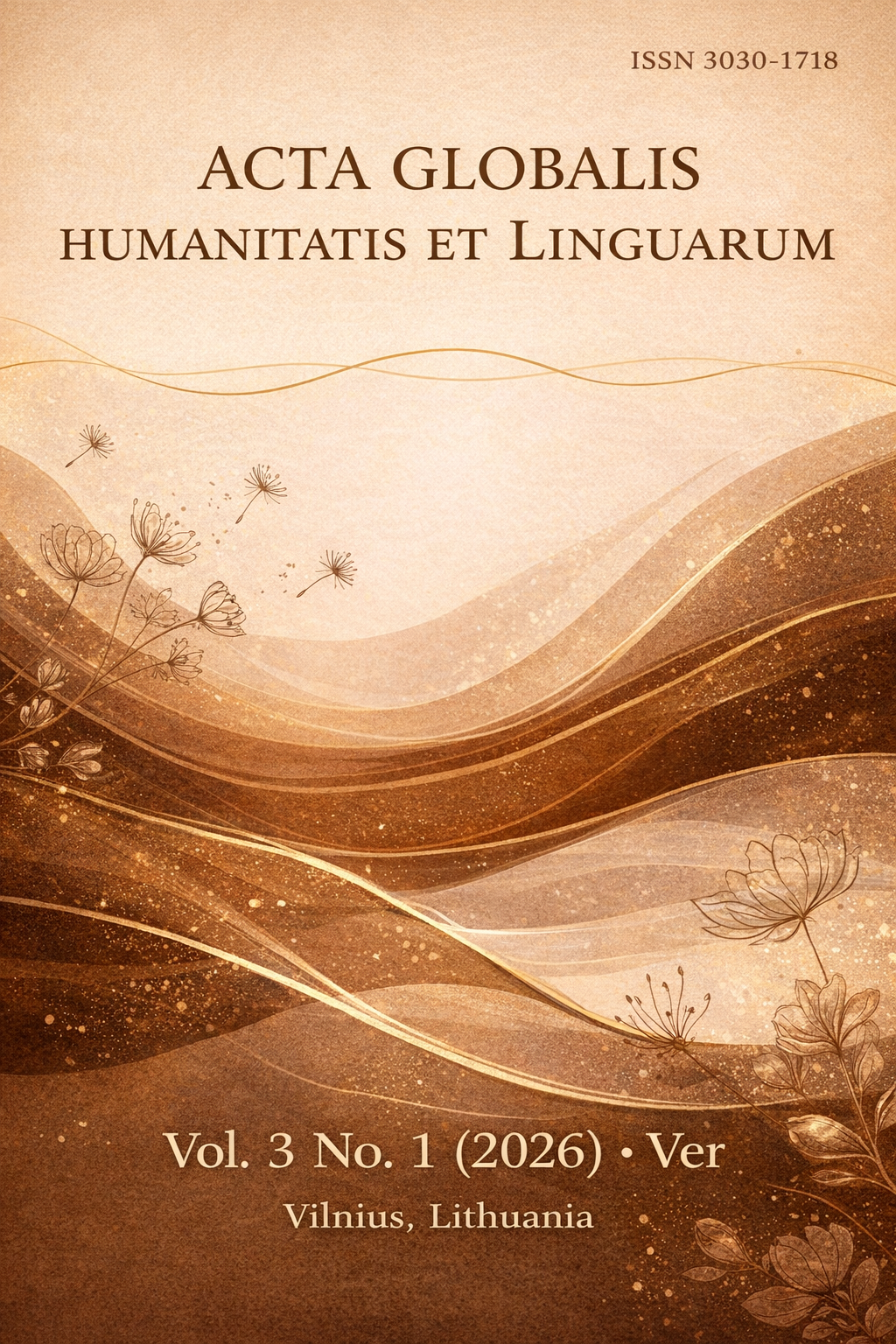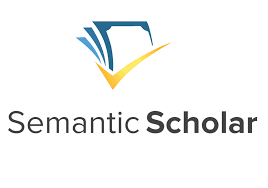Vol. 3 No. 1 (2026): Ver

Ver marks the opening issue of Volume 3 (2026) of Acta Globalis Humanitatis et Linguarum and symbolizes renewal, growth, and the emergence of new scholarly perspectives in the humanities and linguistics. This issue presents a general and open-themed collection of original research articles that reflect contemporary academic inquiry across a broad range of humanistic disciplines.
In line with the journal’s interdisciplinary mission, Ver welcomes contributions in linguistics, literature, philosophy, cultural studies, history, social sciences, ethics, and related fields. The issue aims to foster cross-disciplinary dialogue by publishing studies that examine language, culture, and society from diverse theoretical and methodological perspectives.
This issue is published in a continuous publication format. Articles are published individually as soon as they successfully complete the peer-review and editorial process, ensuring rapid dissemination of high-quality research without waiting for the full issue to be compiled. Once the publication period concludes, all articles are formally collected under this issue.
Ver reflects the journal’s commitment to academic rigor, openness, and global scholarly exchange, serving as a dynamic platform for innovative research and emerging voices in the humanities and linguistics.






